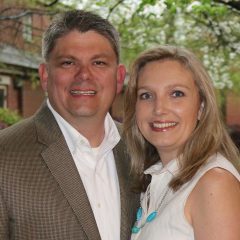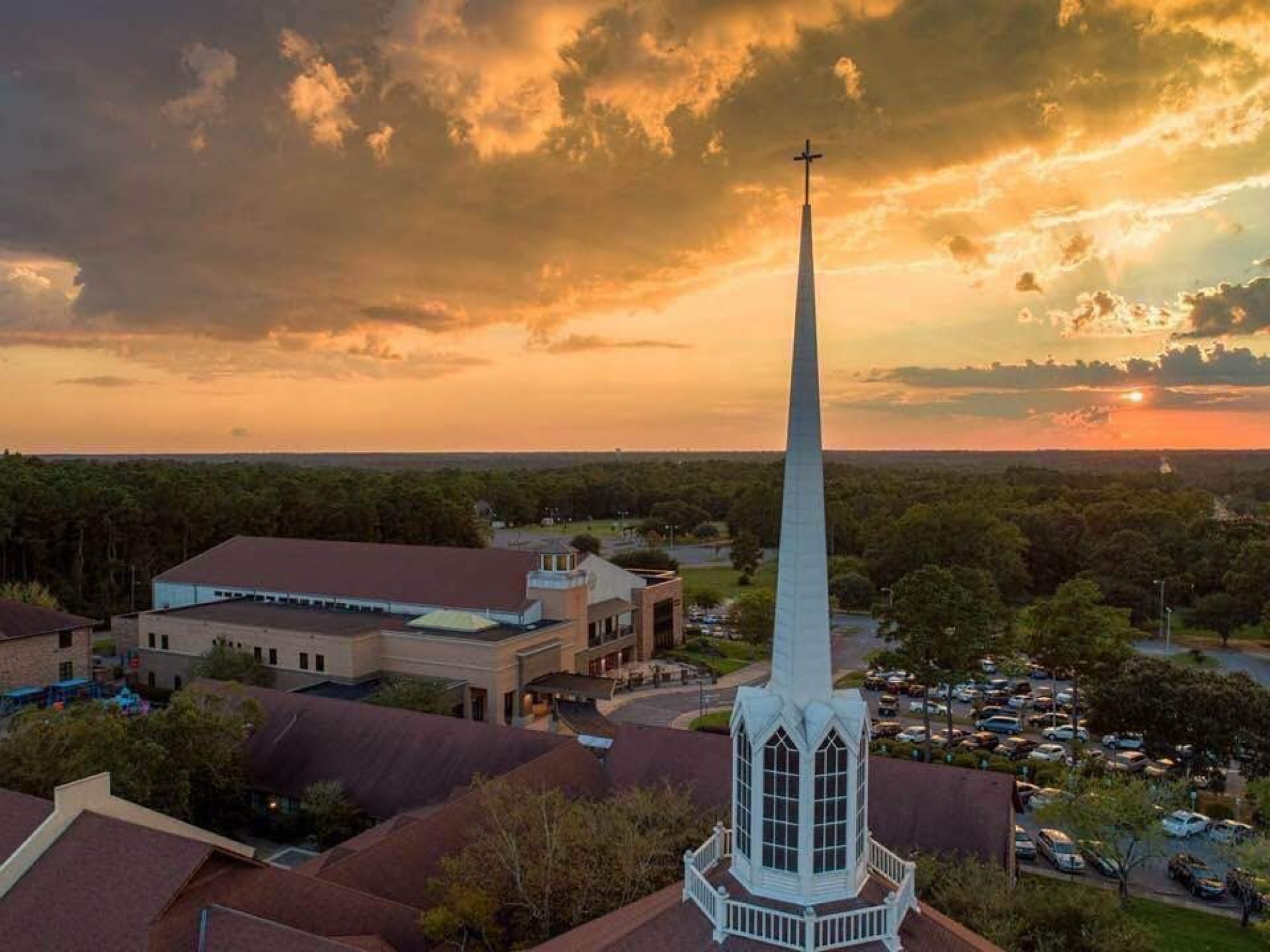In High School, I learned how to ride horses thanks to my friend Paul Kirk. I started slow, learning to ride on his older and steadier horse with a saddle. Eventually, he taught me to ride bareback on one of his more spirited horses. We spent hours riding horses over my last two years of High School. One of the things I learned in riding horses is that toward the end of our ride, when the horse sees the barn, you better hold on. As soon as the barn was in sight, the horses would start trotting and then galloping up the terraced hill to get back to the barn. They wanted to enjoy some sweet hay and oats and were ready to get my 180 lb frame off their back! This last leg of our trail riding was always the most dangerous, especially if I didn’t hold on tight and reign in the horse, I wouldn’t safely get us to the barn.
I’ve been thinking about this as our experience of this pandemic draws to a close. I believe that the barn is in sight! And I’m so excited! It won’t be too long before this treacherous and challenging ride is over. We can smell the sweetness of normalcy and almost taste the sustenance of human relationships and connections that await us. As we begin to gallop toward this long-awaited destination, we must be careful because this last leg of the journey could still be dangerous. This reminds me of Galatians 6:9, which says, “So let us not grow weary in doing what is right, for we will reap at harvest-time, if we do not give up.” We’ve all been working hard, doing the things we’ve learned to keep ourselves and others safe. At this moment in time, as we see the barn in sight, let’s don’t grow weary in doing what is right.
Much of the New Testament dealt with what Bible scholars called the “delay of the Parousia.” Those in the Early Church expected Christ’s return to happen very soon. As time wore on, they were growing weary of doing all the things they felt Christ would want them to be doing when he returned. Paul is imploring the church not to give up and not grow weary of doing the right things. Even better, he promises that they will eventually see a great harvest of God thanks to all they had done.
I believe this is true for us in our church. Our church, members, staff, and all those who love this church have endured so much for so long. We’ve sacrificed, adapted, placed others’ needs ahead of our own, and worked hard to imagine worship and ministry in new ways. We’ve done so much good, and because of it, we’re going to see a great harvest. Now, as we see the barn coming into focus, let’s not grow weary of doing what is right! Keep your hands on the reigns, and lets’ get this horse safely into the barn. A great harvest awaits!


 Many faith groups align politically, and for that reason, most board meetings, Sunday school classes, and other church gatherings typically become echo chambers. Since people more or less have the same political persuasions and are usually reading, watching, and listening to similar influences there isn’t room for a lot of disagreement. Many churches and this is especially true of United Methodist Churches, don’t enjoy this level of political homogeneity. Churches with political diversity can be difficult to navigate because it can be hard to worship, learn, and serve alongside people we feel are wrong about important political issues. Many of us see our political stances as matters of faith and belief. When this happens a person’s political opinion isn’t just something we disagree about, but it is seen as something that their opinion is morally wrong. It doesn’t take longs for these viewpoints to go from theoretical to very personal. Pretty soon it seems like we can’t be in community with a person that is so morally wrong.
Many faith groups align politically, and for that reason, most board meetings, Sunday school classes, and other church gatherings typically become echo chambers. Since people more or less have the same political persuasions and are usually reading, watching, and listening to similar influences there isn’t room for a lot of disagreement. Many churches and this is especially true of United Methodist Churches, don’t enjoy this level of political homogeneity. Churches with political diversity can be difficult to navigate because it can be hard to worship, learn, and serve alongside people we feel are wrong about important political issues. Many of us see our political stances as matters of faith and belief. When this happens a person’s political opinion isn’t just something we disagree about, but it is seen as something that their opinion is morally wrong. It doesn’t take longs for these viewpoints to go from theoretical to very personal. Pretty soon it seems like we can’t be in community with a person that is so morally wrong.